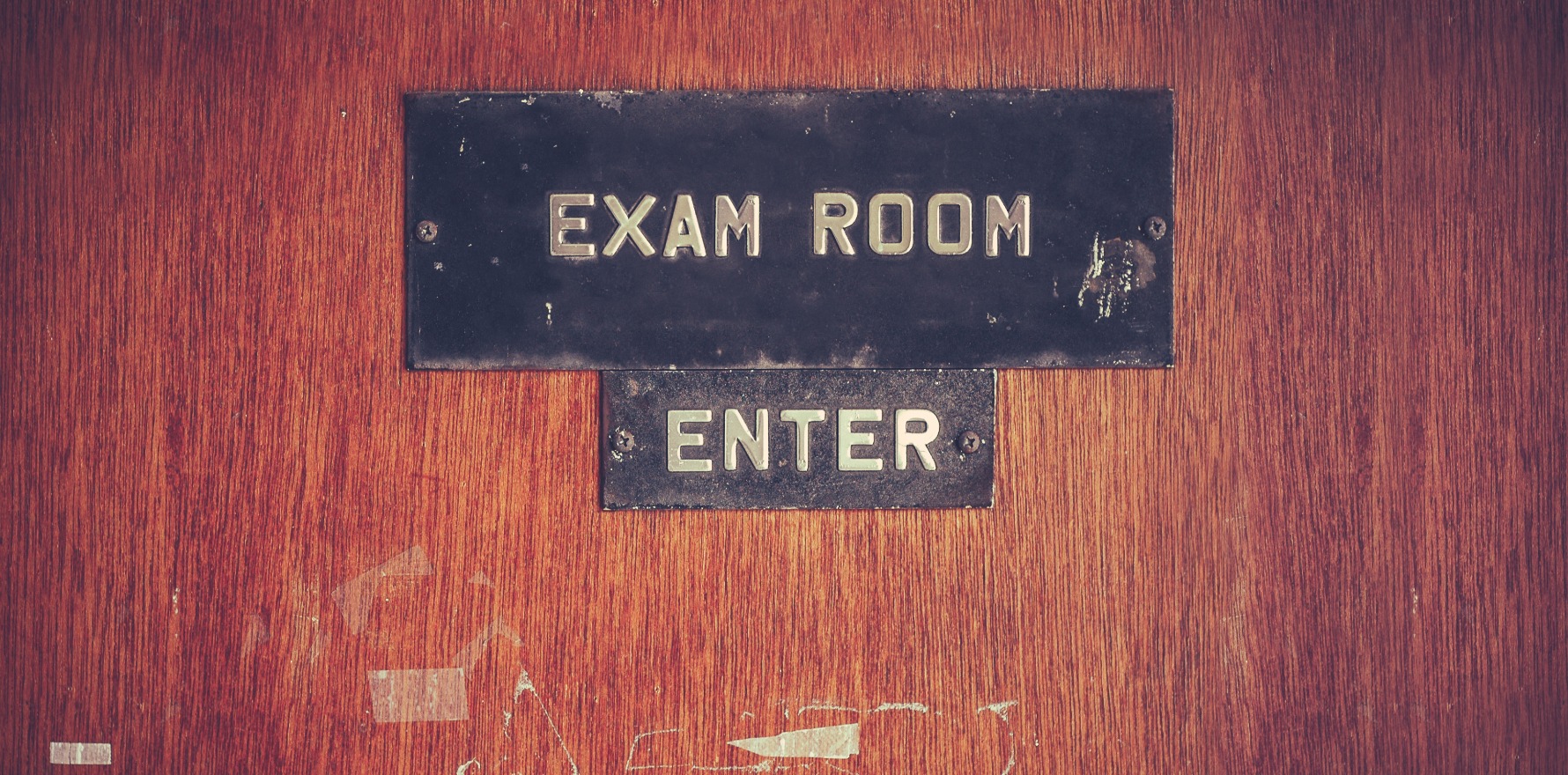The RACGP is developing a standardised curriculum. Maybe this will make the fellowship exam process fairer.
This year, the RACGP is developing a national vocational training syllabus to better support GPs in training on their journey to fellowship.
Good. We are in dire need of a standardised national curriculum from the college. After all, it does run a standardised national exam that costs each candidate ~$10,000 per cycle, more if a candidate fails and has to repeat.
It would make better sense for said curriculum to have been drafted before the exams, with the same alleged rigour, testing and standardisation – but for esoteric and perhaps fiscal wisdom known only to the college, we now have the exam cart long before the syllabus horse.
It’s never too late to make amends, dear college. A national syllabus will better support learning and teaching by providing trainees, supervisors and educators with clinical cases, learning guides and resources to direct learning around the RACGP curriculum. A national syllabus will also enable vocational education and training to be consistent in its content and structure across Australia.
It might also mark the demise of the lucrative FRACGP exam preparation industry that focuses more on exam technique than day-to-day clinical acumen.
In similar vein, the RACGP owes every GP registrar and fellow a formal apology for putting them through harrowing fellowship exams, worse if these candidates have had to or are facing resit.
Candidates do not get any individualised feedback on any of their exams, and they do not get access to review their own exam paper. They are simply referred to the public exam reports. This vague feedback is lazy teaching at best; at worst, some cynics assert, it’s designed to take more exam fees from already distraught candidates.
Nor is there any scope for a re-marking of a paper. The process for exam appeal and review officially states: “an investigation will be undertaken to ensure all exam marking and quality assurance steps were correctly executed. This investigation does not extend to a remarking of an examination paper or reassessment of exam performance.”
As the RACGP is a training college, common sense dictates that any candidate who fails should be given personal feedback and access to their paper and the marking key so they might objectively learn from their mistakes – but none of this is allowed by the college. How does this fulfil their duty to teach?
Candidates suffer marginal fails or passes by a thin margin of 0.01 to 2%. Yes: depending on the roll of the RACGP dice, you could pass or fail by that much or that little, yet you are denied information on where you went wrong.
Some exam candidates last year worked at the frontlines of the COVID19 pandemic, then faced the exam IT crash, and had to wrestle an apology from the RACGP, which then let them resit in December.
It is ironic that the CHECK publications sent to fellows for their continuing professional education are deemed insufficient as exam preparation for GPs in training. That’s because these stunted fellowship exams focus on exam technique, which has nothing to do with realistic, day-to-day clinical experience but is about navigating a convoluted English test while trying to read the mind of the examiner.
Hopefully, the standardised national curriculum can agree that what is good enough education for fellows ought to be good enough for fellows-to-be. Perhaps, some basic training duty of care will be discharged. What next? More sensible exams for GPs in training?
The college has not given a clear account of the personal data integrity of the IT crash last year but simply swept it under the carpet, hoping we would forget. To this day, nothing of substance has been said as to the data integrity of the personal details the overseas proctors captured.
The UK and New Zealand don’t have a KFP equivalent for their GPs, who are equally competent. They could even be more competent, since more of their training time can be spent on actual clinical medicine than wasted on learning useless exam technique.
The Australian College of Rural and Remote Medicine has a superior curriculum and its assessments reflect the same pragmatic clinical utility. Given the recent and ongoing failures of the RACGP, many GPs in training would have quickly enrolled with ACCRM but for ACCRM’s refusal. Yes, we explored this option as well writing to the Prime Minister of New Zealand for help …
The RACGP is running focus groups on the new curriculum. The deadline to join was 28 May, but you might as well contact the syllabus program lead, Alanna Kirley on alanna.kirley@racgp.org.au, in case they still have places available.
Hopefully, this new curriculum will help set a standard instead of leaving candidates stranded.
The authors of this piece are among those whose remote fellowship exams were disrupted last year by the IT failure, and who sought legal redress from the RACGP. Some have failed the RACGP exams several times and still are unable to learn from their mistakes because of the policy that bars failed candidates from reviewing their exam papers and marking keys.






